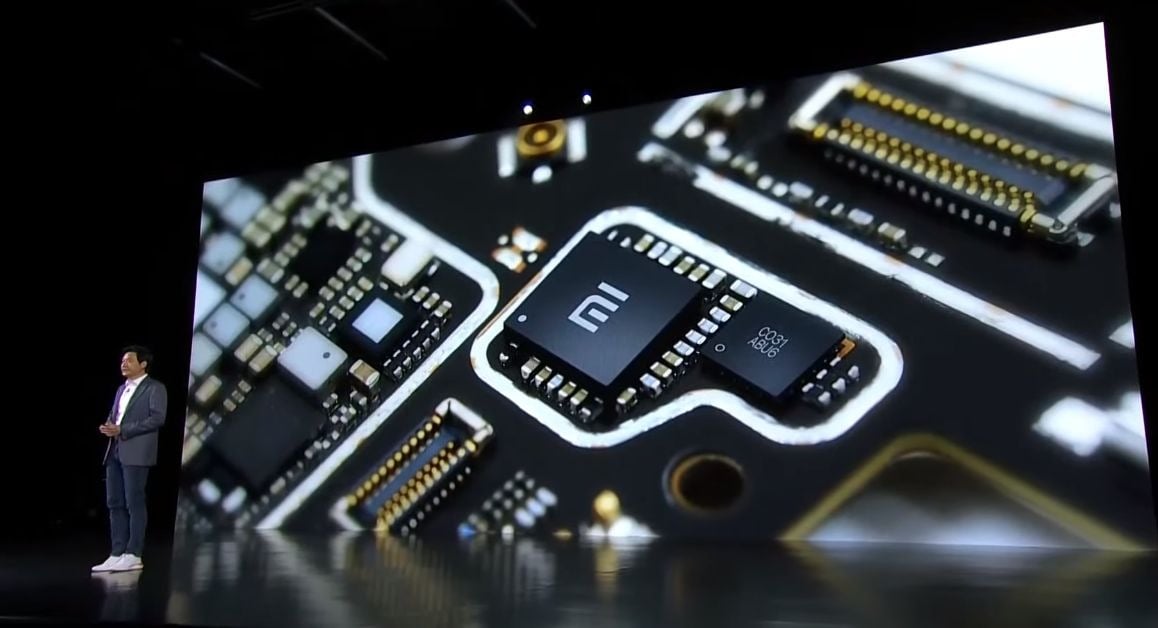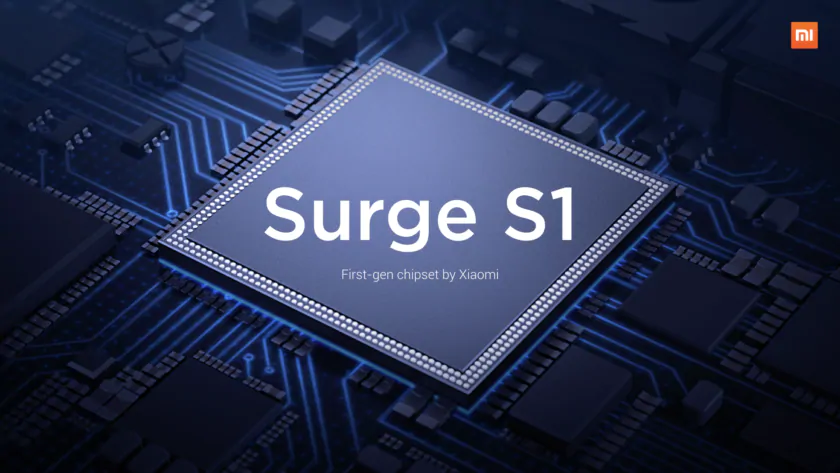
In the world of mobile technology, Xiaomi is a name that needs no introduction. Recently, the company took a bold step that could change the smartphone chip landscape. Xiaomi is in fact considering go back to developing their own SoCs (System on Chip), a move that could have significant implications not only for the company itself, but also for the entire industry. Are we preparing for a farewell to Qualcomm and MediaTek then?
Topics of this article:
Xiaomi returns to work on its proprietary SoC, a chip for smartphones
According to the newspaper China Mobile, on Xiaomi's official recruitment portal, several job offers have been published which have attracted the attention of professionals and technology enthusiasts. The open positions are not the common ones you would expect for a company that produces smartphones; are specifically related to development of proprietary SoC (System on Chip).i.
Featured roles include “SoC Design Engineer“, responsible for designing the chip, and the “Senior SoC Verification Engineer“, charged with verifying the integrity and performance of the chip before large-scale production. This is not a detail to be taken lightly. The decision to hire specialized personnel in this field could indicate that Xiaomi is ready to make a move significant investment in research and development of proprietary SoCs.

Read also: Wasn't the 1W Surge P120 chip developed by Xiaomi? The official answer
The story: The company has already produced proprietary chips
To fully understand the importance of Xiaomi's recent move in the field of SoCs, it is essential to take a dive into the past. Xiaomi is no stranger to the idea of developing proprietary chips for its devices. In fact, in the distant 2017, the company had made a similar attempt with the launch of the Xiaomi MI 5C smartphone. This device was powered by an 8-core, 64-bit processor, christened as Surge S1. The Surge S1 was a fairly advanced chip for its time, designed to offer a balance between high performance and low power consumption.
However, it is interesting to note that despite the initial enthusiasm and high expectations, the Surge S1 did not find application in other subsequent Xiaomi devices. This could be due to a number of factors, including technical challenges, manufacturing costs, or simply an evolving business strategy. For example, while the Surge S1 was competitive, it didn't measure up to flagship processors from Qualcomm or MediaTek in terms of performance. Furthermore, developing a proprietary chip is an expensive and risky undertaking, requiring significant investment in research and development.
Why this move?
So, why is Xiaomi considering returning to this field? A possible explanation could be the desire to have a greater control over the hardware and the software of your devices. With a proprietary SoC, Xiaomi could better optimize the interaction between the chip and the operating system, thus improving power efficiency and overall performance. Furthermore, in an increasingly competitive market, having a proprietary chip could provide Xiaomi with a distinctive advantage over its competitors. However, the competition is fierce: Qualcomm and MediaTek (the companies from which the brand sources) they already have excellent products in their catalogue.









